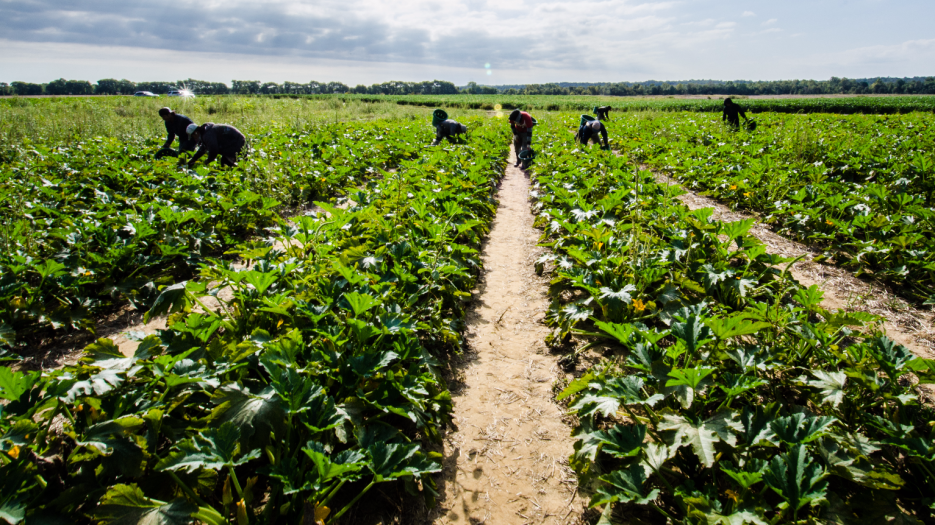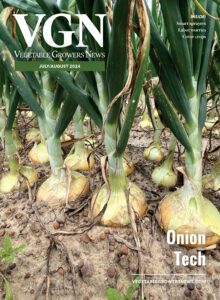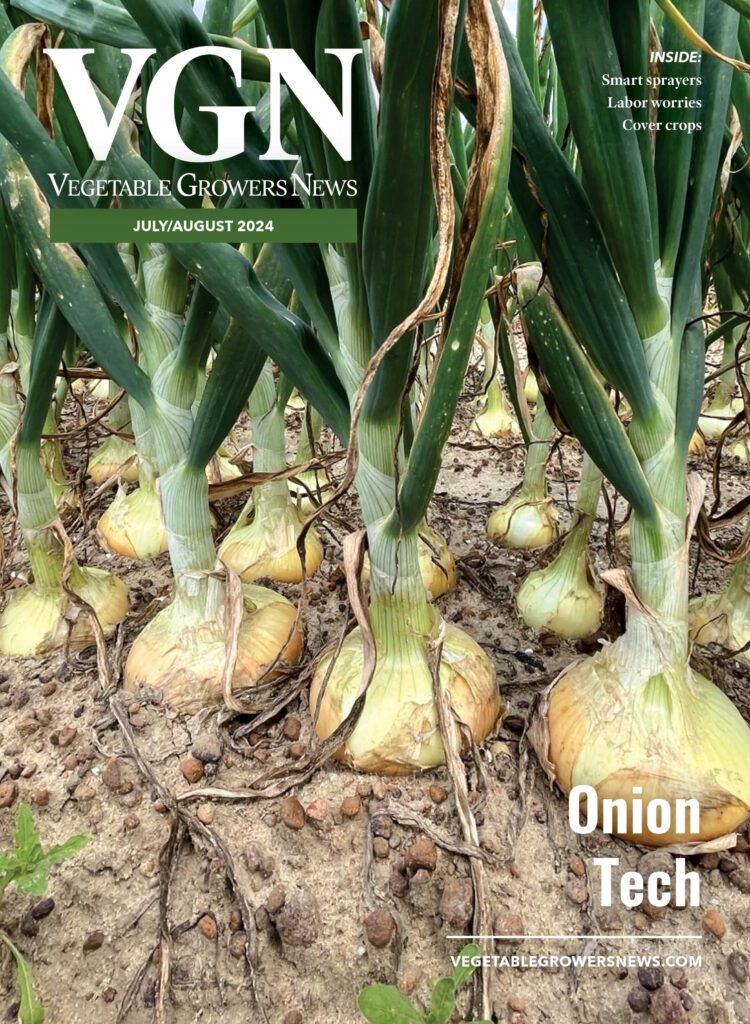
May 15, 2023Ag Labor Review: NCAE busy with changes to H-2A, other programs
There are just a few things going on in the world of U.S. agricultural labor these days.
Last Fall, the Department of Labor (DOL) at long-last published its version of the H-2A Program Rule. This rule started out during the Trump administration, and the proposal, running some 489 pages, was suggested to be a “simplification” of the existing regulations. How do you “simplify” anything with 489 pages of proposed new regulations?
The original 722-page rule, published on the DOL website in the last week of the Trump administration, was never formally published in the Federal Register. It was withdrawn from the queue for publication in the Federal Register on President Biden’s inauguration day. This rule was a mess from the start and is still a costly rule, imperiling the sustainability of American farmers and ranchers. NCAE has sued the secretary of labor over this regulation.
Last winter, the U.S. Department of State announced a proposal to significantly raise fees on visa processing for H-2A temporary workers. NCAE opposed this proposal in the comments we filed, pointing out that the State Department’s arithmetic was flawed and its data on how many H-2A visas had been processed didn’t agree with the information found on the department’s website. In fact, it appeared that nearly all the increase the State Department was seeking across all visa categories was to be primarily sourced from users of the H-2A program. The rule is still pending. We recommended they withdraw their rule until they can get their numbers right.
This year, NCAE is anticipating we will see a proposed new rule from the DOL’s Occupational Safety and Health Administration. This new regulation would apply new heat requirements to all businesses in an effort to protect workers from the negative impacts of heat. Because most agriculture occurs outdoors, agriculture will be a target of these new rules. NCAE has had two webinars with experts in safety and heat mitigation strategies ahead of this rulemaking to prepare for when it is published.
We just learned in mid-February that the Biden administration’s Adverse Effect Wage Rule (AEWR) has cleared interagency review at the Office of Information and Regulatory Affairs at the White House. NCAE submitted extensive comments on this proposal last winter when the administration published it. Unfortunately, the Biden AEWR contains much of the wage methodology proposed by the Trump administration back in 2019.
The proposal continues the misuse of the U.S. Department of Agriculture’s Farm Labor Survey (FLS) to establish wages in the H-2A program, effectively continuing the wage spiral disconnected from the market for agricultural labor in the U.S. It would also disaggregate wages for certain jobs done on farms and ranches, adding significant new costs.
NCAE has already received some financial support to battle this regulation and we have been preplanning a challenge with legal counsel. Agriculture is not sustainable if the business is prevented from making a dollar every now and again. We fear this regulation will be a mess.
Recently the Department of Homeland Security’s U.S. Citizenship and Immigration Services (USCIS) proposed new fee increases for processing H-2A applications. The agency is asking for a 237% increase in fees! When was the last time a farm family was offered a 237% increase in what they receive for their crops?
In addition to the fee increase, USCIS is also seeking a fee of $600 per petition charge. This $600 add-on will be used to fund Homeland Security’s asylum program. NCAE will be drafting comments opposing these increases and filing them with USCIS.
The New York Legislature approved a “card check” scheme for unions to organize in their state. California’s governor signed similar legislation last year. New York growers are sadly learning the harsh reality of what this legislation means for their operations.
As you have read, there are just a few things going on in the world of U.S. agricultural labor these days. NCAE is fighting the battle to protect agricultural employers.
— Michael Marsh, president and CEO of the National Council of Agricultural Employees














